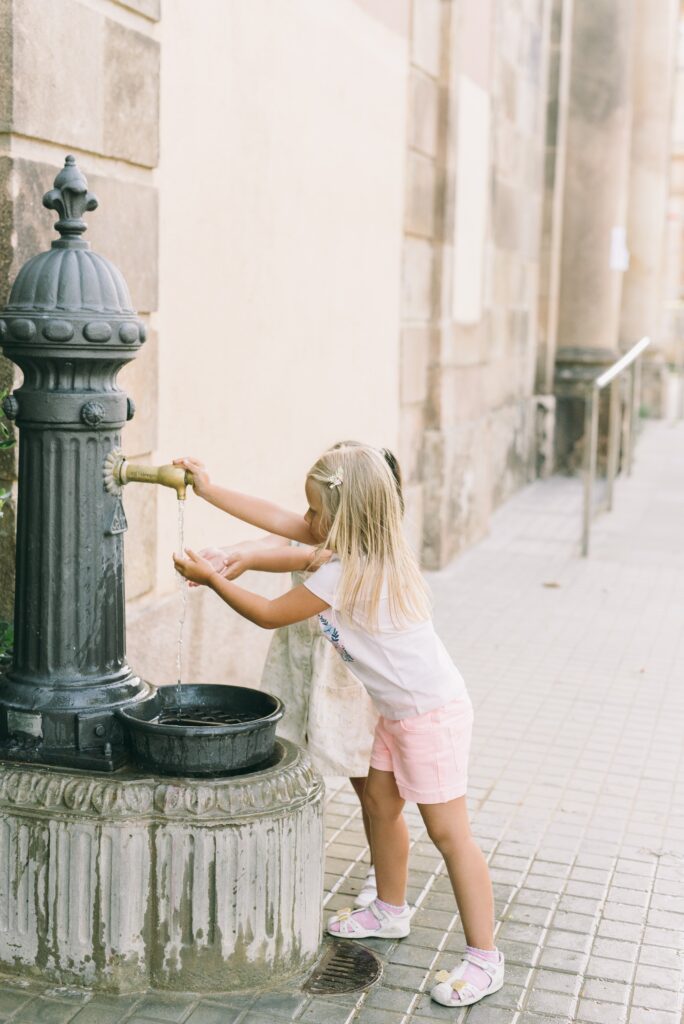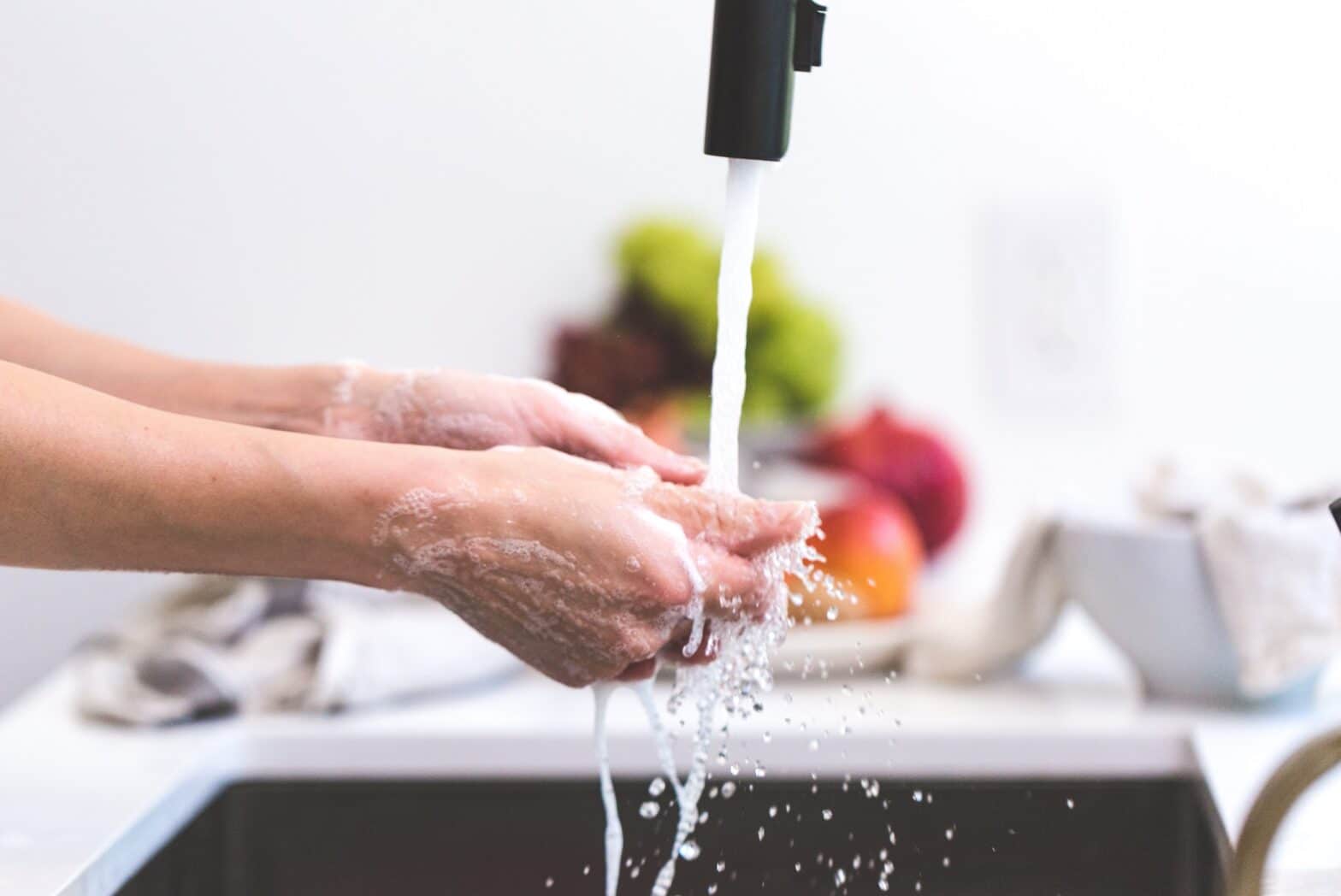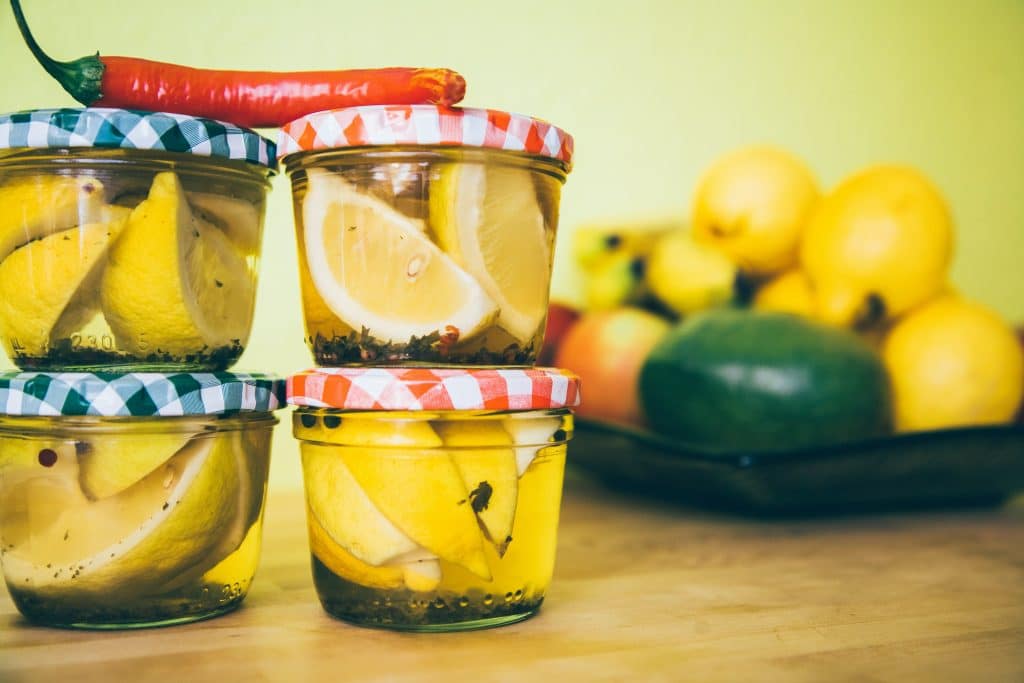All over the world hand hygiene has become a big topic in 2020, when Covid-19 really hit the world. The general population, especially since the pandemic took place, has become more aware than ever of the importance of this hygienic habit. We also see that with the pandemic ending the focus is shifting a bit away from this topic again, so World Hand Hygiene Day us a good moment to make sure why hand hygiene is so important to stay healthy.
Futhermore, it has been known for many years that hand hygiene is a way to slow or stop the spread of certain infectious diseases.
Why is it advisable to wash your hands?
Hand hygiene is an extremely useful measure to decrease the spread of infections in a community, especially respiratory infections, and diarrheal diseases.
Many infectious organisms can be spread by contact of unwashed hands from one person to another, or from a contaminated surface to a person by performing certain gestures (touching our face, touching contaminated surfaces, or handling food).
It is especially important to wash your hands in KEY situations, such as:
- Before, during and after preparing food.
- Before and after eating.
- Before and after washing a wound or caring for a person who vomits or has diarrhea.
- After going to the bathroom, changing diapers, and cleaning a child who has gone to the bathroom.
- After blowing your nose, coughing, or sneezing.
- After touching an animal or its droppings.
- After touching the trash.
Handwashing should be a healthy habit not only at home, but also at school, at work, or during recreational activities.

How does hand washing have to be?
Washing your hands with soap and water is the best way to kill germs. To wash your hands, you must:
- Rinse your hands with clean running water (it will help distribute soap better).
- Soap your hands and rub until you foam. It is necessary to rub the palm and the back of the hand, between the fingers and under the nails.
- It is advised to rub your hands with soap for at least 20 seconds. Sing the “happy birthday” twice in your head…or aloud. This will also make the job more fun for kids. Faster washing will not kill as many microbes.
- Rinse your hands under clean running water and dry them with a clean towel or air. It is important to dry your hands completely, as germs spread more easily with wet hands.

Some tips to keep in mind
- Common soap, in tablet or liquid form, is effective and sufficient in everyday situations. Antibacterial soaps do not provide any additional benefit, except in healthcare settings.
- In the case of not being able to use soap and water, hand sanitizers are also useful. Disinfectants must be at least 60% alcohol. How to use it? To apply the gel in the palm of the hand, rub our hands and distribute the gel on all surfaces of the hand and fingers until they are dry.
- The temperature of the water does not influence the results. Hot water does not provide any advantage, because to be effective in killing microbes it would have to be so hot that it would burn our hands.
- There are no differences between drying your hands in the air, with a clean paper towel or with a reusable towel at home (the only thing is that in the latter case you will have to change it when it is dirty).
- It is important to teach children to wash their hands correctly so that it becomes a healthy habit for life, so we recommend setting an example, taking your time, and making hand washing a routine since children are young.
Covid-19 update
Although the COVID pandemic is now over and COVID cases are less frequent and less severe because the population is largely vaccinated, handwashing is still recommended to minimise the transmission of all respiratory and gastrointestinal infections.


